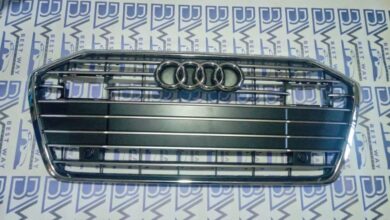The National Database and Registration Authority (NADRA) has unveiled a new version of the national identity card, offering smart features without the embedded chip, in a move aimed at reducing production costs while expanding access.
The newly introduced non-chip card includes bilingual information—displayed in both English and Urdu—to ensure consistency across official documents, including passports, and streamline verification procedures across institutions.
In a statement on Friday, NADRA said the redesigned ID card incorporates a QR code, enabling digital identity verification through the Pak ID mobile application. The feature is expected to enhance the efficiency of authentication processes in both public and private sectors.
Significantly, the authority has introduced exclusive symbols and lifetime validity for two categories of citizens. Registered organ donors will now have a unique symbol on their ID card, while individuals with disabilities will also receive distinct markers. Both groups will be issued ID cards valid for life, NADRA confirmed.
The non-chip card is now available to citizens applying for renewal, modification, or reissuance of lost cards. While it lacks the embedded microchip found in NADRA’s Smart National Identity Card (SNIC), the new variant retains core security features to prevent forgery and ensure data integrity.
The fee structure has been adjusted to reflect the card’s affordability. The normal processing fee has been set at Rs400 with a 31-day delivery period. Citizens seeking faster processing can opt for the urgent category at Rs1,150 with a 15-day turnaround, or the executive category at Rs2,150, promising delivery within 9 days.
The introduction of the non-chip ID card comes amid rising demand for accessible digital identity solutions and is seen as part of NADRA’s broader efforts to modernise citizen services without imposing additional financial burdens.
The authority has not indicated whether the new non-chip version will eventually replace the chip-based SNIC, which remains available for citizens requiring access to chip-enabled services.











